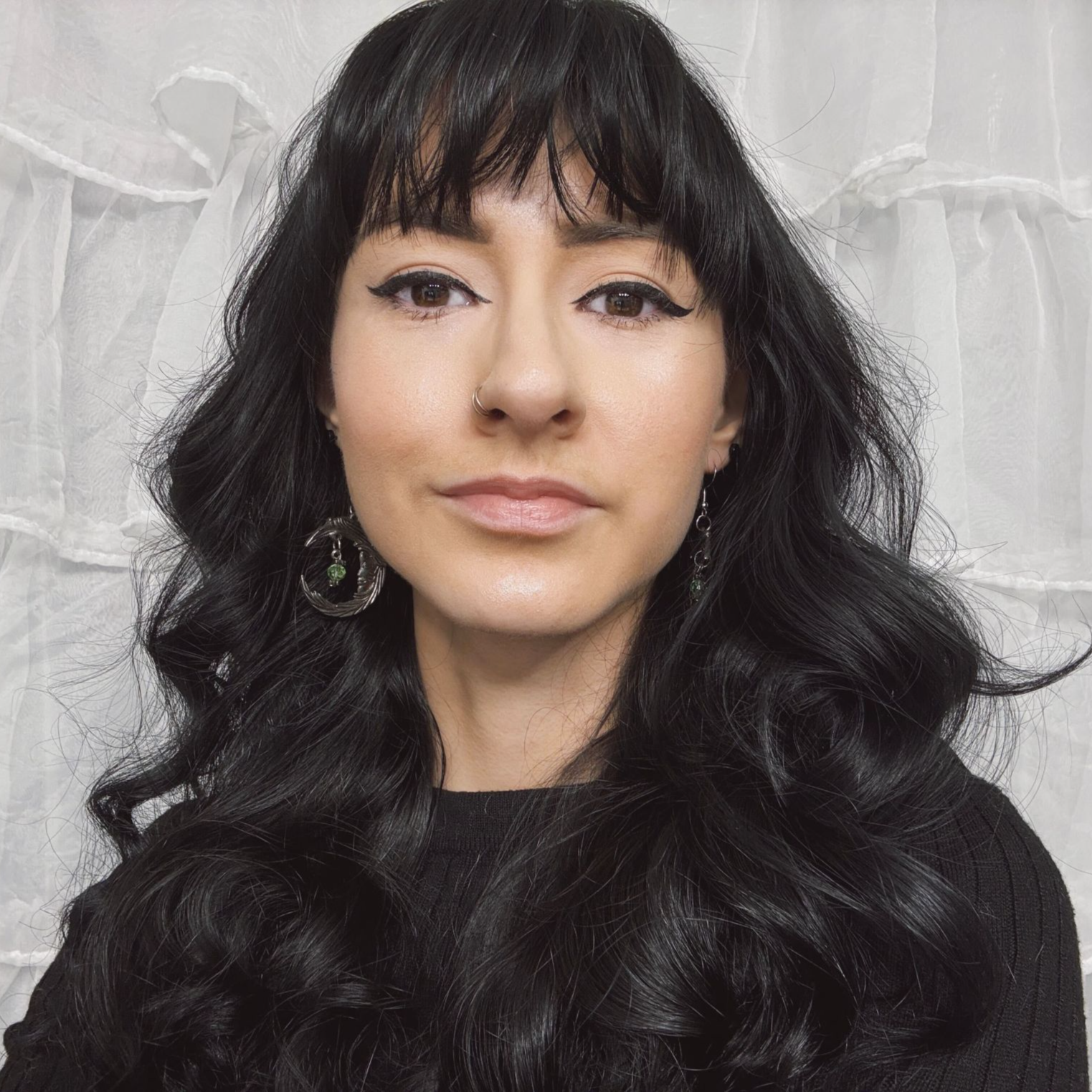Faith communities in metro Atlanta watchful after Iranian attacks
It didn’t take the unprecedented Iranian attack on Israel to get Atlanta Jewish and Muslim communities to put security measures in place.
Many had already done so years ago after killings in synagogues and mosques in Pennsylvania and New Zealand and following incidents of vandalism and harassment here.
“Unfortunately, it’s become part of the norm at synagogues and probably other places even before Oct. 7,” said Michael Bernstein, senior rabbi of Gesher L’ Torah in Alpharetta, referencing the Hamas attack on Israel.
While he didn’t want to release specifics on what security steps are in place, he did say the synagogue increased security after the October 2018 shooting at the Tree of Life Synagogue in Pittsburgh. “If you’re going to have a place of worship, a synagogue in particular, then you have to have security all of the time. It’s part of what is expected of us.”
He said people are vigilant and mindful and for some, that takes the form of being afraid.
Part of the community’s purpose is to make sure nobody feels alone, he said. . “We want to raise people up and strengthen them.”
Rabbi Daniel Dorsch, senior rabbi of Congregation Etz Chaim in East Cobb, also said security has been beefed up for a while.
“We continue to be vigilant and follow established protocol,” said Dorsch, who currently serves as president of the Atlanta Rabbinical Association that represents nearly 100 rabbis across the metro area. “I want congregants to remember that the synagogue is where they should always feel welcome and embraced by the community and to know that we make sure that we have security.
Security is on site during weekdays, religious school and during special occasions and services on weekends. Doors are locked at all times. and people are admitted through a buzzer system And, he said, congregants are encouraged that “if you see something, say something.”
The Atlanta Police Department has issued a public safety alert following Iran’s attack on Israel, letting the public know that it is working closely with other law enforcement partners, religious institutions and community leaders to ensure safety.
“The Atlanta Police Department is actively monitoring the developments between Iran and Israel,” the department said in a social media post. “While there are currently no credible threats to our city, our dedication to protecting houses of worship and sensitive areas in all communities remains steadfast.”
Elissa Fladell, who is on the board the American Jewish Committee’s Atlanta regional office, was in Tel Aviv for a program run by a Jewish nonprofit when the attack happened.
While the attacks did not happen in Tel Aviv, “I’ll be honest with you, Sunday night was intense. I made sure that before I went to sleep I know the protocol.”
She’s is vigilant, but Fladell said she feels secure. The organization, she said, has done a “excellent: job of making sure everyone is safe,“ she said.
“I am significantly more nervous in the United States. Both of my children — one goes to Florida State and the other goes to Georgia Tech — have seen protests here. Jews are safe and thank God for the military.”
Dr. Naseer A. Humayun, director of public affairs for the Ahmadiyya Muslim Community’s Georgia chapter, said before every event, the community will notify the local police and ask for extra patrols. They also have people available at the entry to determine whether the person entering is someone they should check.
“For a mosque, this has always been a concern, not just at this time,” Humayun said. Still, “it doesn’t deter us.”
Azka Mahmood, executive director of the Georgia Chapter of Council on American-Islamic Relations (CAIR), shared the alert with others in the Muslim community.
“It is not a concern as a result of this past weekend,” she said. “It’s been that way since the New Zealand attack in 2019. They also increase security whenever it is Ramadan or Eid or whenever we expect large numbers of Muslims,” Mahmood said.
“It’s saddening to live in a world where we have to consider safety and security instead of simply visiting a house of worship.”
More Stories
Keep Reading




